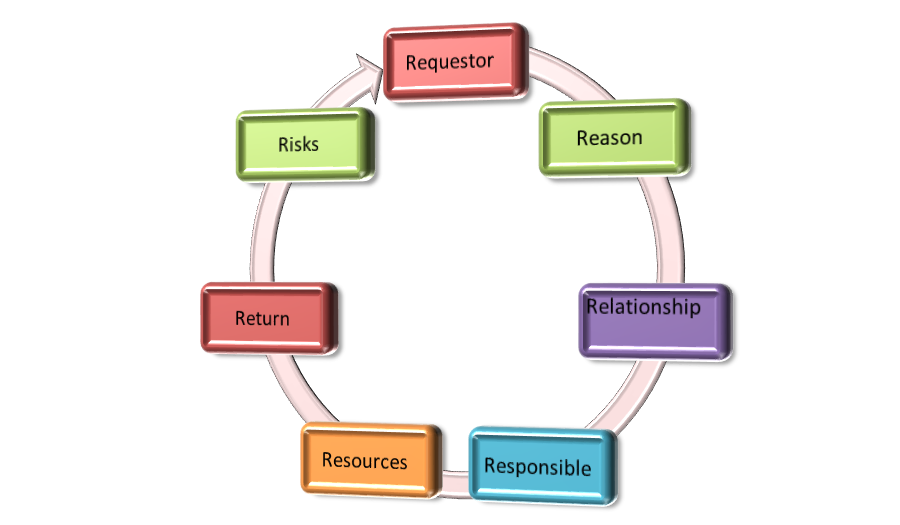Located 93 miles west northwest of London, Cirencester is a market town in east Gloucestershire, England. Cirencester is located on a tributary of the River Thames – the River Churn. The Royal Agricultural University is also situated in Cirencester since 1840. The Corinium Museum of Cirencester is known for its Roman collection. Corinium is the Roman name for Cirencester. It finds its roots in the ancient British tribe of the Dobunni, both referring to the River Churn. Ptolmey is said to have recorded the earliest reference to Cirencester in AD 150.
Sites of interest
- The Church of St. John the Baptist, Cirencester
- The Roman Catholic Church of St Peter's – founded on 20 June 1895.
- Baptist Church - Located in the Coxwell Street,.
- Cirencester House – It is the seat of Earl Bathurst and has one of the finest landscape gardens in England.
- Abbey House, Cirencester
- The Roman amphitheater
Culture
The Sundial Theatre which is a part of Cirencester College along with the Bingham Hall host drama and musical events. The events are organized by various community groups and professional touring companies. Some of the musical groups and dance academies in the town are listed below:
- Cirencester Operatic Society
- Cirencester Philharmonia Orchestra
- Cirencester Band
- Cirencester Male Voice Choir
- Cirencester Creative Dance Academy
Education
Cirencester and its neighboring areas have several primary schools and two secondary schools. The secondary schools are - Cirencester Deer Park School and Cirencester Kingshill School . The Rendcomb College is an independent school that suits the needs for 3- to 18-year-olds. There used to be a 500-year-old grammar school which collaborated with the Cirencester Deer Park School in 1966.
The Cirencester College, located adjacent to Deer Park School, came into being in 1991.

 ENQUIRE
ENQUIRE
 REQUEST CALLBACK
REQUEST CALLBACK
 GET A FREE QUOTE
GET A FREE QUOTE


 Introduction
Introduction Course Details
Course Details Course Content
Course Content





 London
London